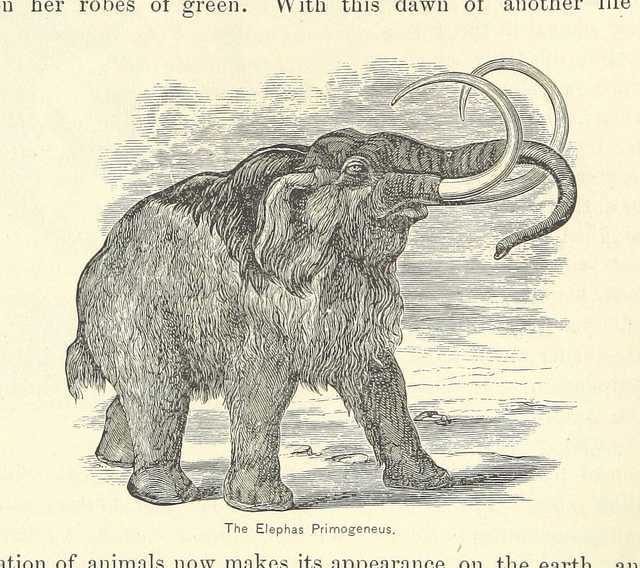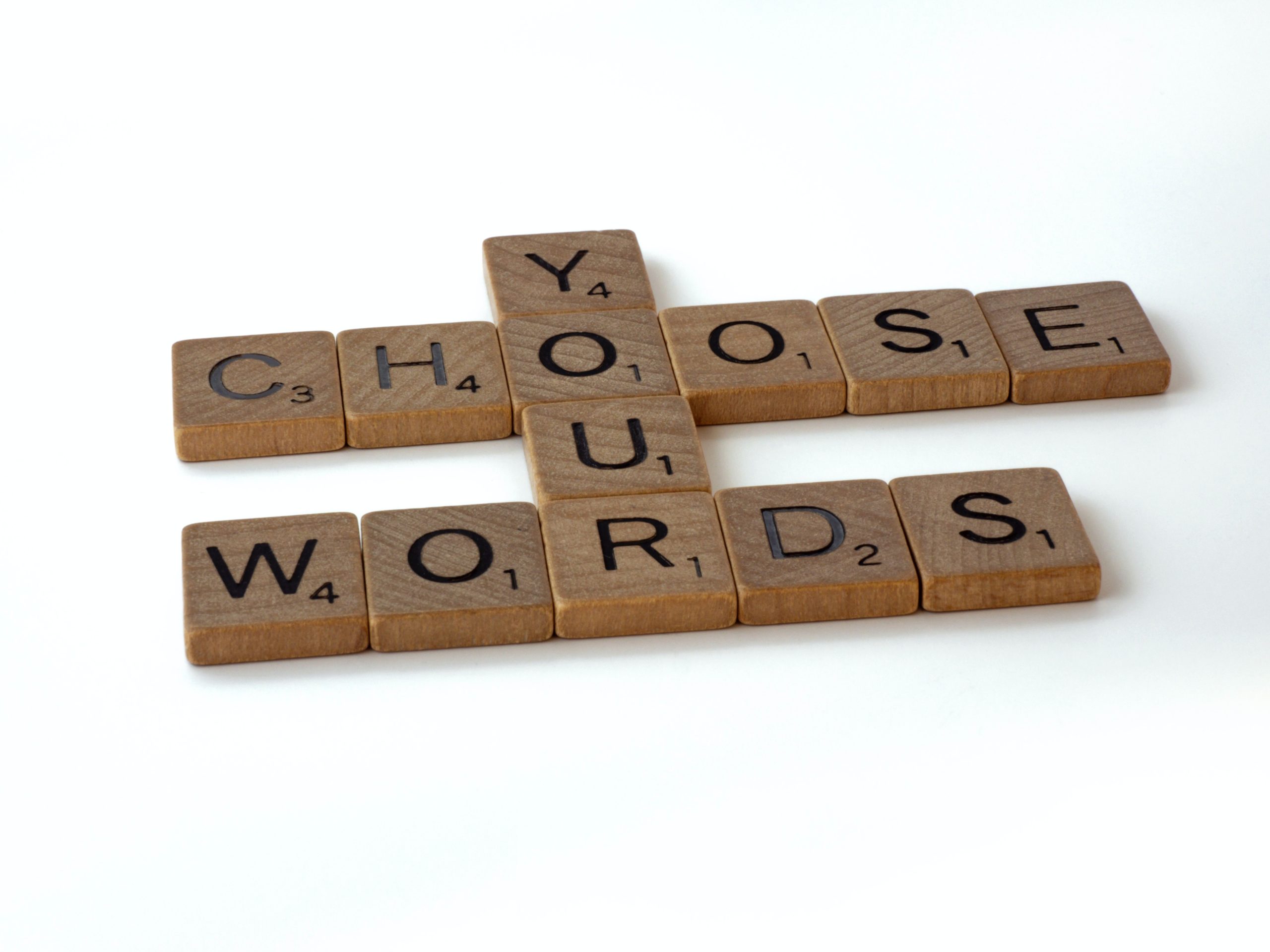Writers in a private online group were recently posting stories about their bad experiences with editors.
Several self-published fiction writers on the thread were surprised by the volume of edits they received. One freelancer was appalled that her magazine editor changed the tone of her article, which altered her message. A handful of educational writers were offended that their in-house editors rewrote their submissions, using them as rough drafts rather than publishable material.

These are posts from and about professionals who communicate for a living.
Time out. Can we address the elephant in the room? Why do these writers feel so disconnected from their editors? How many other writers are having similar experiences?
Communication 101
Communication seems like a basic skill, but it can be a tough one to master. Some of these writers may be holding back from their editors to avoid confrontation. If you are in similar conflict with your editor, the issue you are having may stem from a misunderstanding, so before you resort to festering online, give your busy editor the benefit of the doubt. He or she may not even realize a problem exists.
Let me paraphrase a recent conversation I had with a client:
Writer: I received your edits. To be honest, I was frustrated because there were so many.
Me: This batch did have a fair amount. What in particular frustrated you?
Writer: I was convinced that I had used specific examples and had reduced my repetitiveness.
Me: Did you see the examples I pointed out to justify my thinking?
Writer: Yes, and I see what I need to fix. I just hate that I have to revise again.
Me: I’m glad you told me how you feel. It’s important we’re on the same page.
Addressing the Elephant
All roads lead back to keeping the lines of communication open. If the process isn’t going well, pick up the phone. No one enjoys initiating an awkward conversation or wasting time, but if you’re miffed because you are working toward an end result your editor doesn’t appreciate, then stay calm, explain your perspective, ask intelligent questions, wait for answers.
Gain an understanding of their perspective, so you can determine whether their work is off the mark or if you need wider margins when it comes to critical feedback. Discuss what you both can do to get back on a constructive path.
If you decide you need a new editor, look for one who can provide you with what I call an audit, a critique of your existing work. When this editorial assessment is done before the actual book editing process begins, two positive things happen: a) your editor gains a better understand of the strengths and weaknesses of each element in your work, and b) both of you can set aside time to discuss the manuscript’s biggest issues and map the best approaches to fixing them.
That’s a plan forward than promotes good communication and results.
